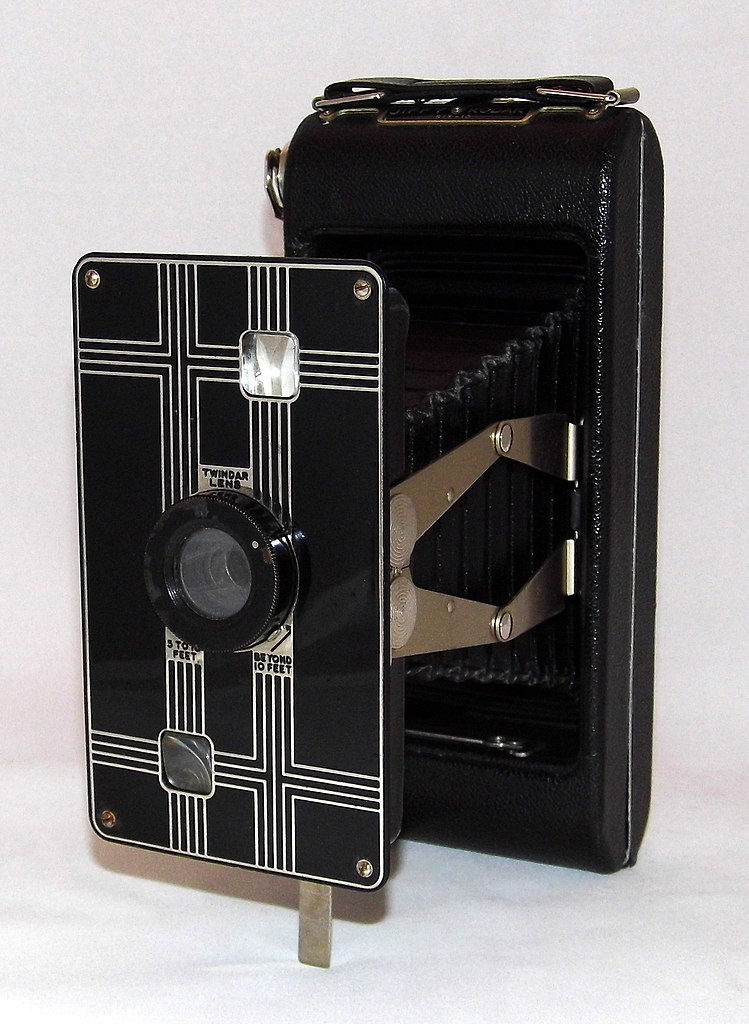I’m 52, comparatively young for some, but old for more. To me it’s indeterminate, but closer to the far end of the spectrum than the start. I think about that far end more and more, reminded of my own mortality by the growing count of friends and family who have fallen victim to disease, accidents or other ends. Who knows? I might drop dead in the next moment from some terrible undiagnosed ailment, an accident, a falling piano … the list is endless. Or, medical science might take its next great leap forward and finally discover the fountain of youth.
I’m not taking any chances, and I’m not waiting for the fountain to appear. I’m starting my goodbye tour. A goodbye tour, not a bucket list. The latter is grandiose, a willful denial of mortality by indulging every suppressed travel urge and risky behaviour that’s ever haunted you. It’s the stuff of midlife crises, Hollywood and too many Paulo Coelho novels.
My goodbye tour is about little things, the legion of small but non-trivial moments that make a life. If I’m lucky enough to lead a long one, at the end I have a hunch I’m not going to be sprawled on my deathbed muttering, “God, I regret not seeing Machu Picchu.” That’s too big a thing to haunt me, too grandiose. Bucket list items aren’t woven into the fabric of our lives; the little things are. They’re the everyday, but are by no means mundane companions on our journeys around the sun. They have wormed their way into my heart through simple repetition and familiarity. Isn’t that how a stranger becomes a friend, after all?
Toronto’s High Park in the sun, down by the pond where gentlemen anglers gather to catch carp. Or is it perch? Who knows?
Elias’s falafel joint on Jarvis, so I can hear him try unsuccessfully to sell me an apple cake for the umpteen-millionth time.
The bike trails by the Don River, where new pathways beckon, if the hidden tree roots don’t dump you on your butt first.
Those are the things I think I’ll miss if I live long enough to one day find myself propped up on a pillow, wondering if I’ll shuffle off this mortal coil during my next nap. They’re the things that have found a way into my heart while the Alhambra, Empire State Building and Louvre haven’t. Those are amazing things. They enrich our lives. They help us dream and take us outside our little existences to see a bigger world.
The unintended consequence of looking at our little lives from outside is that we can see what actually makes a life, and it’s not the broad strokes, the grandiose swooshes of jetting off to another exotic location. What makes a life are the little things, repeated, that form a foundation and help us understand that the most heartfelt parts of life are often the smallest and most subtle.
The cat that waits for you to come home every day so he can show you how much he loves you by rolling around on his back all over the dirty floor.
The shop at the market where you can travel the world by sampling all manner of fancy cheeses impaled on toothpicks.
The hidden vista on Toronto’s harbour islands. It’s just a concrete slab squatting ungainly in the water, but its semi-secrecy means almost no one goes there, so you have it to yourself with the best view of the downtown anywhere in the city.
These are the things I think I’ll miss as I wonder which breath will be my last. They take root in your heart when you’re not looking. I’ve been to Paris, Tokyo, New York and plenty of other amazing cities. I’ve seen fabulous museums and wonders of nature, and there are countless more that would take my breath away. But no memory of these wonders will break my heart as I say goodbye to this world, the way the memories of my life’s constant companions will. I like to think of those little things as good friends I choose to spend time with, instead of the big, bright shiny things I could spend time chasing down.
That’s why I’m taking time to live the little things, in case I realize one day it’s too late to live them any more.
The chocolate shop where I know exactly which four absurdly expensive truffles I’ll get, and are worth every cent.
Strolling through ritzy neighbourhoods in early spring, wondering what it’s like to have that kind of money, but not caring too much about it.
Greeting every dog in the elevator with “Hello, puppy!” because I secretly hope that’s a signal to the owner to let me pet them.
I remember an article from ten years ago about the regrets of the dying. Nowhere did it mention, “I wish I had climbed Kilimanjaro.” It talked about having the courage to live life on your terms, staying in touch with friends, not working so hard, things like that. Kilimanjaro is no doubt a life-enriching experience, but life isn’t built out of mountains. Thanks to social media, our culture now fetishizes dramatic selfies staged in front of ruined temples, mountains, desert landscapes, expensive restaurants and other exotic locales. Sure, I will make time in my life for them; they’re amazing and wonderful and give me perspective about what awaits us in the world outside the 9-to-5.
But I feel confident no one posing in front of the Amalfi coast on Instagram is going to reach for their phone as life draws to a close, gaze longingly at that picture and whisper, “No regrets!” I think that person will understand that life isn’t built on drama: it’s built on the quiet magic of little things.
Originally published in the Globe and Mail.



